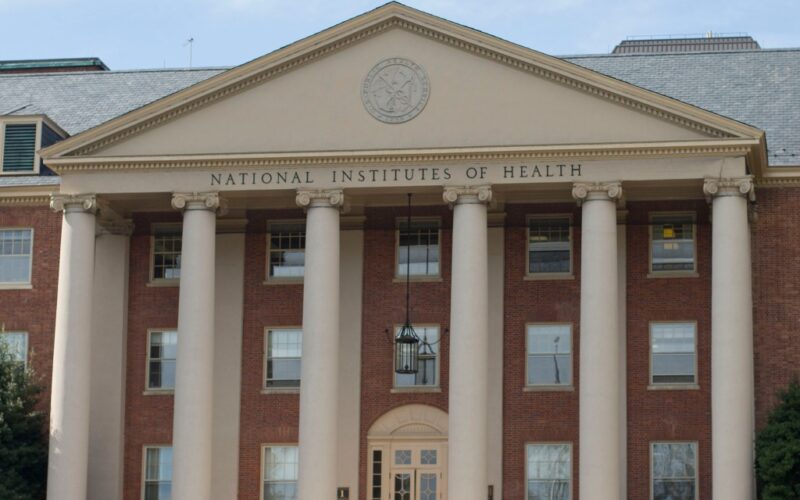The federal government plans to scrape data from a slew of private health-related records for its autism study, ranging from prescription records, to private insurer claims, to personal fitness trackers, National Institutes of Health (NIH) director Dr. Jay Bhattacharya said Tuesday.
The study is connected to Health and Human Services Secretary Robert F. Kennedy Jr.’s promise to find a definitive cause of the neurological and developmental disorder as soon as possible, Bhattacharya said at a public health conference in Washington.
Initially Kennedy had vowed to get the answer by September, but Bhattacharya walked that back on Tuesday, CBS News reported.
“The idea of the platform is that the existing data resources are often fragmented and difficult to obtain,” Bhattacharya told a panel of NIH advisers in his presentation on Tuesday. “The NIH itself will often pay multiple times for the same data resource. Even data resources that are within the federal government are difficult to obtain.”
The data will be pulled from health organizations, pharmacy chains, clinical databases, private insurers, environmental records, and “sensors & wearables,” Bhattacharya said in his presentation. Also in the mix will be data on patients overseen by the Department of Veterans Affairs and the Indian Health Service, CBS News reported.
In addition to purportedly nailing down a cause, the NIH plans to create a registry to track Americans with autism and integrate that into the data, CBS News reported.
Bhattacharya said privacy would not be violated, since researchers would not be able to download the data, just access and study it, and said “state of the art protections” would guard confidentiality, according to CBS News.
The NIH did not respond immediately to a Daily News request for more information.
Privacy experts called the plan a shocking departure from normal handling of data.
“I am almost mind blown here,” Sara Geoghegan, senior counsel at the Electronic Privacy Information Center, told NPR, noting it would only be permissible in certain instances, with heavy safeguards.
“The collection and processing of personal information, especially health-related information that can reveal health conditions in this way, is out of context and inappropriate.”
Kennedy has made numerous controversial statements about people with autism, calling it an epidemic that’s bigger than COVID-19 ever was.
With News Wire Services








